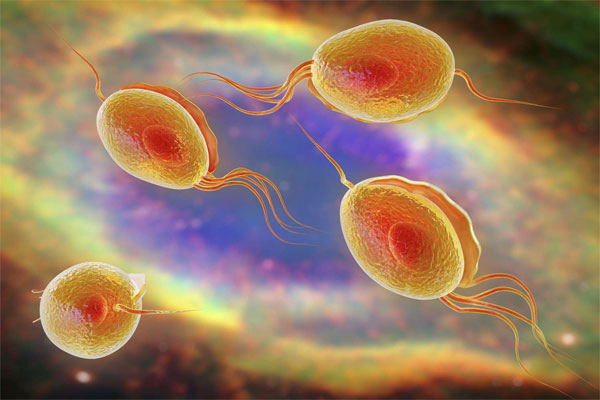Trichomoniasis: Symptoms, Risks, Treatment and Prevention
Trichomoniasis is a prevalent sexually transmitted infection caused by a parasite - Trichomonas vaginalis.
In women, it may lead to a distinctive smelly vaginal discharge, itching, and painful urination. Notably, men may not display symptoms, but pregnant women with trichomoniasis face an increased risk of premature delivery.
"Trichomoniasis is the most common curable sexually transmitted infection globally, with prevalence among women of 8.1%."
Source: World Health Organization
If you have concerns or questions about gonorrhoea, consult with a healthcare professional for personalised guidance and care or to arrange a check-up.
Trichomoniasis FAQs
Women may have a distinctive smelly, yellow-green vaginal discharge, vulvar irritation, itching, and painful urination.
No, men may not display symptoms oftrichomoniasis, but they can still be infected.
In women, the symptoms of trichomoniasis can be mild to moderate inflammation of the cervix, vagina, and urethra. Interestingly, around 70% may not show noticeable symptoms.
Yes, it's linked to infertility, pelvic inflammatory disease (PID), an increased risk of HIV transmission, premature delivery, low birth weight, and susceptibility to other infections.
Trichomoniasis treatment involves antibiotics like metronidazole, tinidazole, or secnidazole. It's crucial to treat all sexual partners simultaneously to prevent reinfection.
Trichomoniasis spreads through genital contact, including vaginal, oral, or anal sex, with an incubation period of 4 to 28 days.
The risk factors for trichomoniasis include multiple sexual partners, a history of other STIs, previous trichomoniasis, and unprotected sex.
Yes, untreated trichomoniasis can persist for months to years.
Prevention involves abstinence or correct condom use, and regular check-ups with your GP are crucial.

